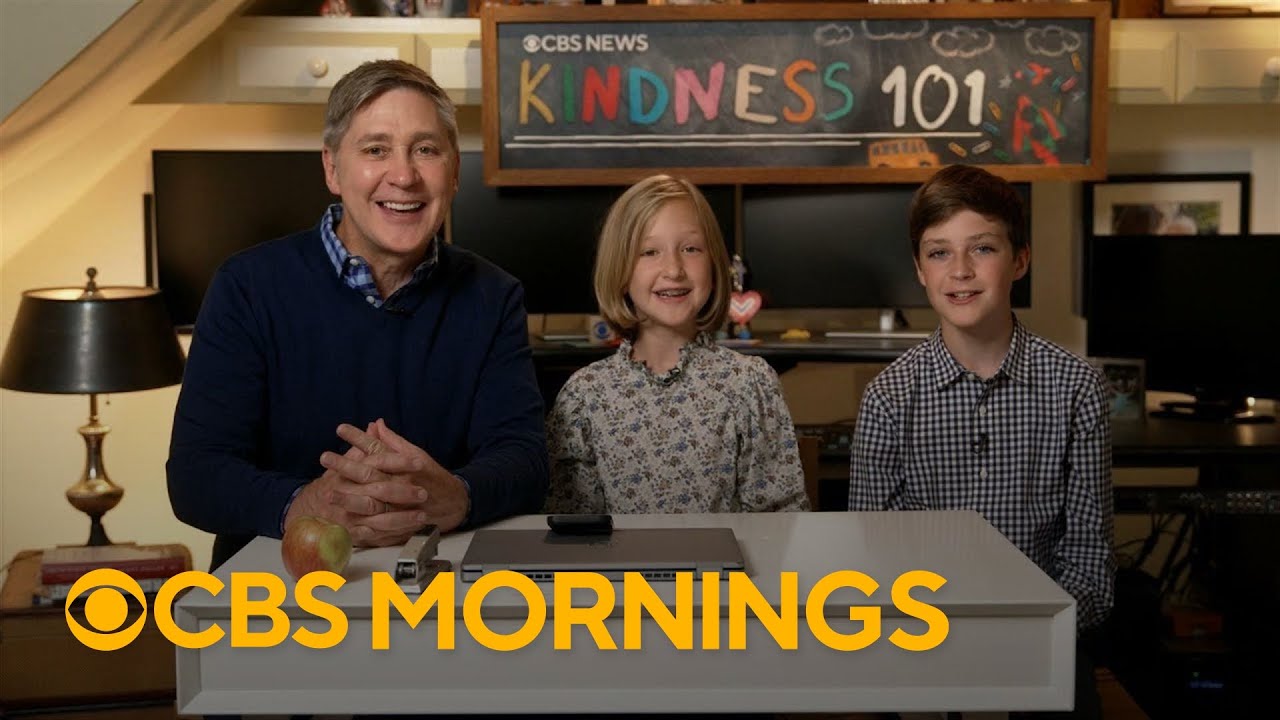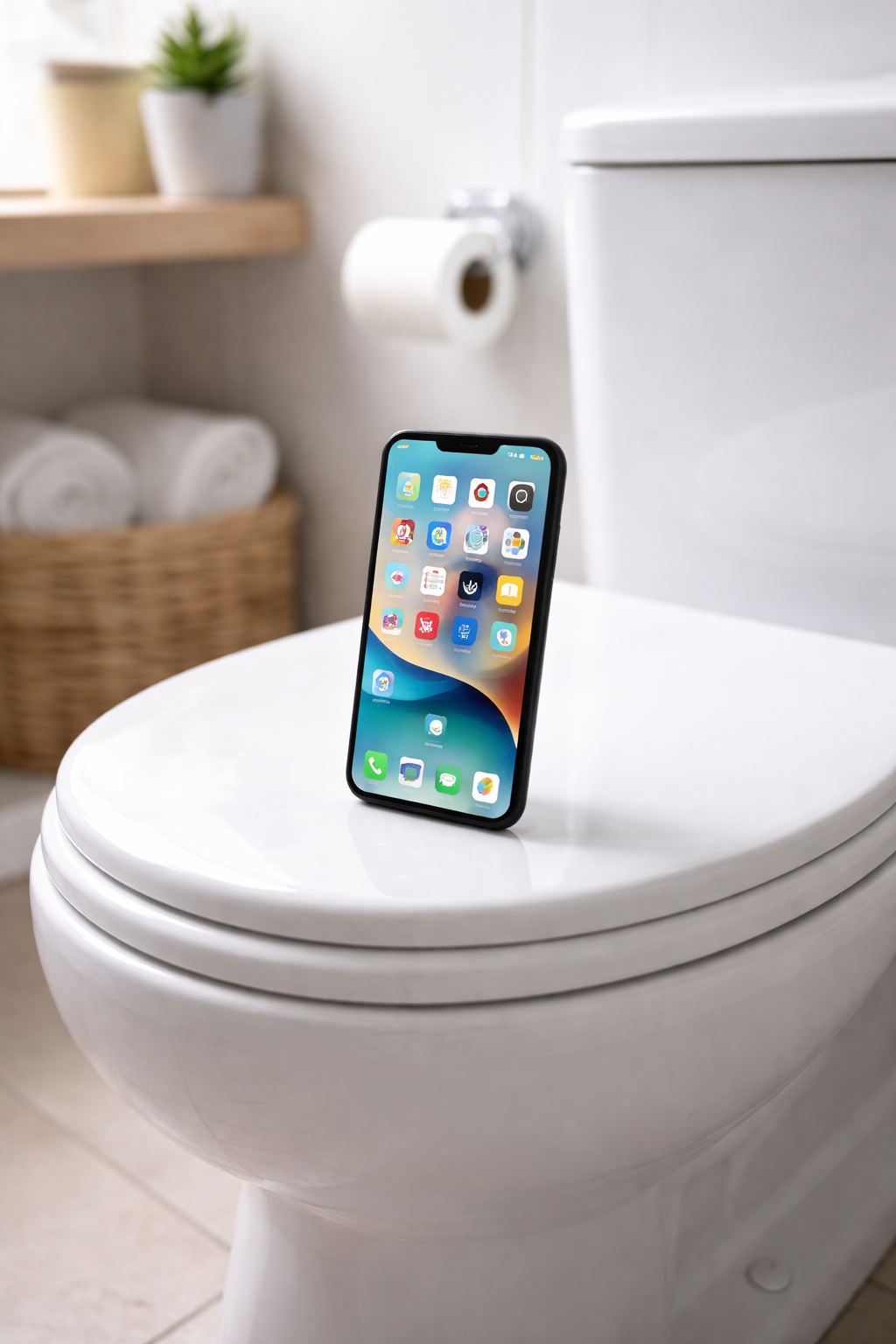-

Spotlight on Good News
There’s a concerted effort among news organizations today to leave the audience on a high note. Popular series include Steve Hartman’s Kindness 101. The Uplift…
-

The Joy of Olive and Mabel
Covid 19 hit the US with a punch in the Spring of 2020 and affected folks from all walks of life. If you were a…
-

Cell Phones + Toilets
More people have cell phones than toilets, revealing a true shift in priorities and a serious need to get areas in South Asia and Sub-Saharan…